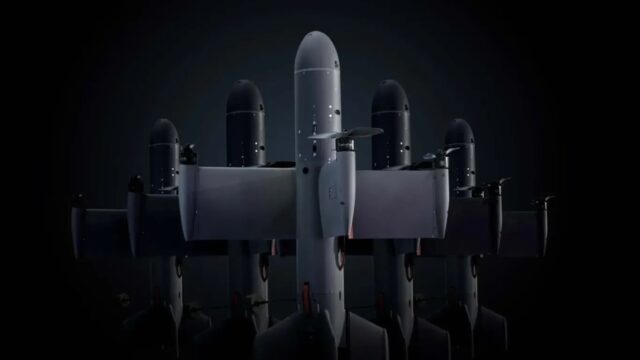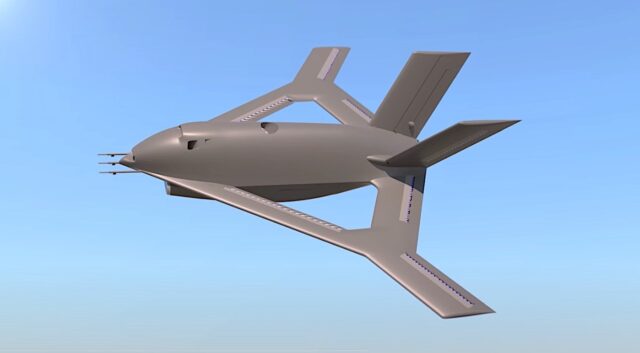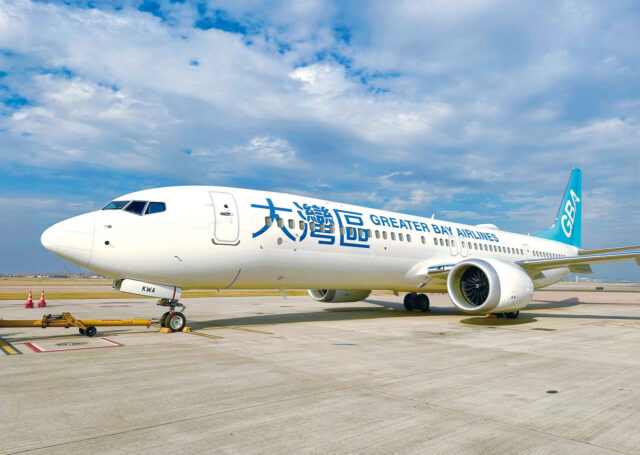FAA issues AD for 737 MAX wire spoiler bundle inspection
December 3, 2024

An apparently isolated incident of impeded flight spoiler control onboard a Boeing MAX, taking place pre-May 2022, has prompted the FAA to issue an AD for the type following a public consultation period.
The AD will “address the potential for improper clearance between the spoiler control wire bundles and the adjacent structure” by mandating an inspection, expected to take around nine hours per aircraft (at an estimated cost of $17,595 per US operator). If necessary, cable bundles may need to be replaced. However, the FAA concludes that “none of these changes will increase the economic burden on any operator”.
The new AD (effective as of 6 January) builds on a previous notice of proposed rulemaking (NPRM) issued by the FAA in March 2024, prompted by “a report of a non-conforming installation of flight spoiler control wire bundles that led to an unintended spoiler motion, including one instance of flight spoiler hardover”. The AD did not specify the specific MAX model involved in the incident or the operator.
Although the Foundation for Aviation Safety requested the FAA issue the AD immediately rather than within the 36-month compliance time, the regulator deemed that – upon considering feedback from MAX operators performing inspections detailed in Boeing’s May 2022 Service Letter – a NPRM process was instead appropriate. During these operators’ inspections, no findings of wire chafing were indicated in over 650 units analysed.
Responding to the NPRM, SunExpress requested that these prior inspections should serve as “alternative method of compliance” to elements of the proposed AD, although the FAA maintains that as inspections required by its new AD are more extensive (including analysis of outboard clamp locations) than previously required it disagrees with giving credit for prior inspections.
















